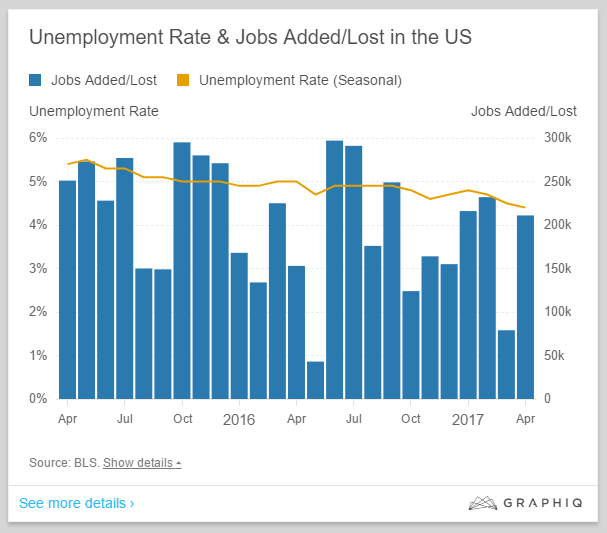To be eligible for unemployment benefits, claimants must be both Able and Available for full-time employment. Today, let's talk about Availability.
This is part of unemployment law in every state, and many employers are unaware of the requirement. Each time they certify for benefits, claimants are asked if they are available for work during each week they collect. So, the big question is, what does it mean to be "available" when discussing unemployment law?
Unemployment law can vary widely from state to state, but there are a couple of extremely common elements in the US:
- The claimant must be available to accept suitable work that is offered to them during that week.
- The claimant must have some means of employers contacting them to offer them work.
- There can be no factors limiting the claimant’s availability to accept the suitable offer of work. (Refer to the specific state UI laws on this one.)
If the claimant meets this availability requirement for the weeks they are collecting, then they are considered to be eligible for unemployment insurance benefits. If they do not meet one or more of the elements listed above, then the employer can protest the claimant’s eligibility.
Many states have further requirements to be considered available for suitable work. The following are a few examples:
- A number of states require the claimant to contact any chargeable employers on their UI claim to make themselves available for work with that employer.
- Some states (Illinois for example) require the claimant to contact any temporary staffing firms chargeable on their claim weekly to make themselves available for suitable work. Failure to do so would result in them being ineligible for unemployment benefits for each week they fail to follow this requirement.
- There are states that require claimants to make themselves available for any shift in which their work is normally performed (i.e., manufacturing is a 3-shift business therefore the claimant must be available for work on any shift).
- Most states require the claimant to respond to attempts to contact them in a reasonable time frame (the time varies by state). But a good rule of thumb is that they must respond within 48 hours.
- Failure to maintain a working phone and email (if these are the methods which were established for employer contact in the past) will potentially make a claimant ineligible for not meeting the availability requirements of unemployment insurance laws.
These were just a few of the many eligibility requirements under state and federal UI law. Many employers would benefit greatly if they paid more attention to whether or not their former employees are meeting this requirement. Eliminating missed protest opportunities is the most proactive solution for controlling unemployment costs. To learn more, please visit us on the web at www.UnemploymentTracker.com.
.png?width=864&height=165&name=uet-2logos%20(1).png)


